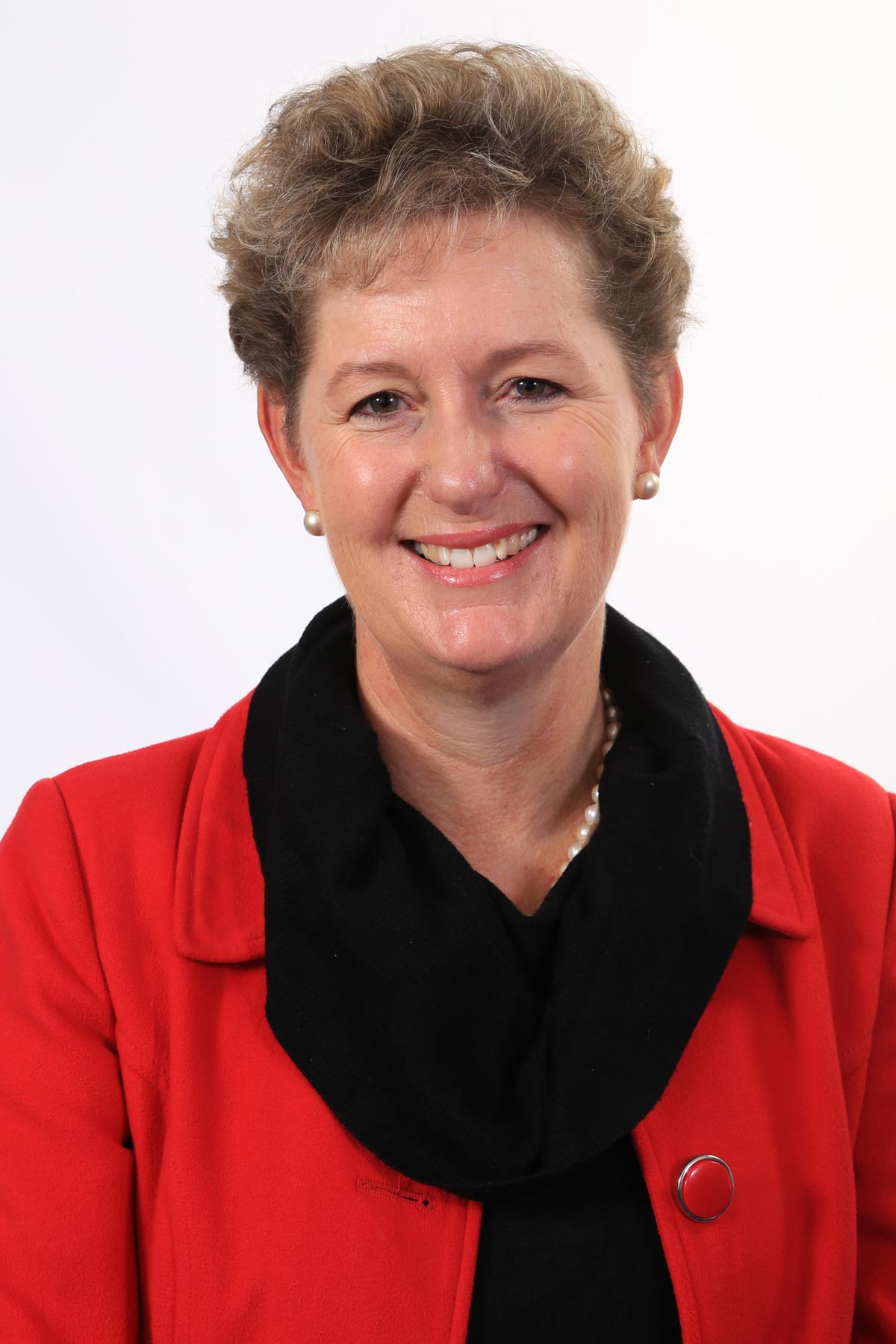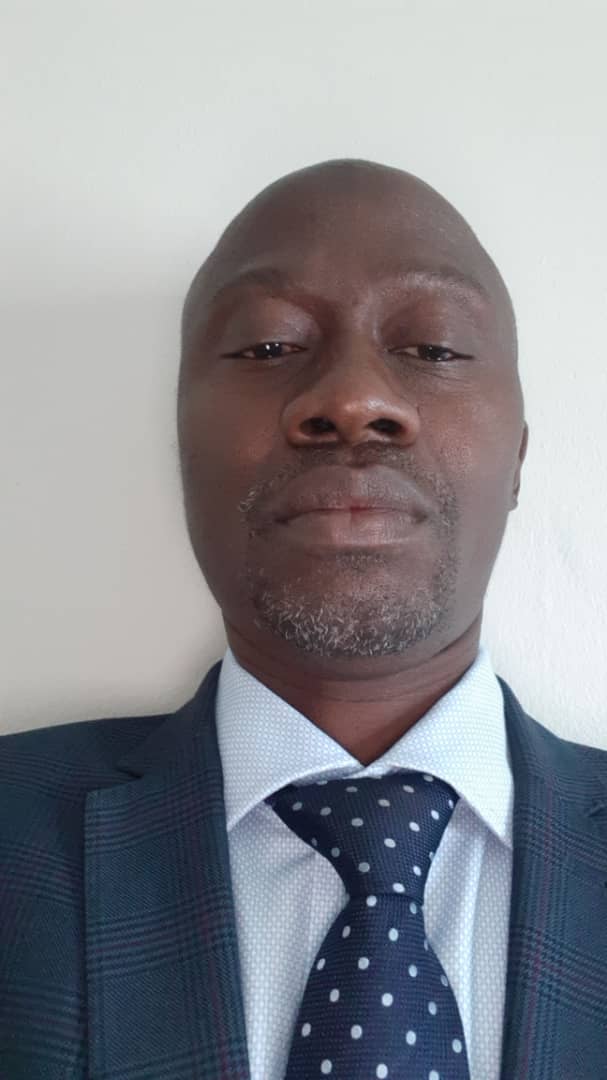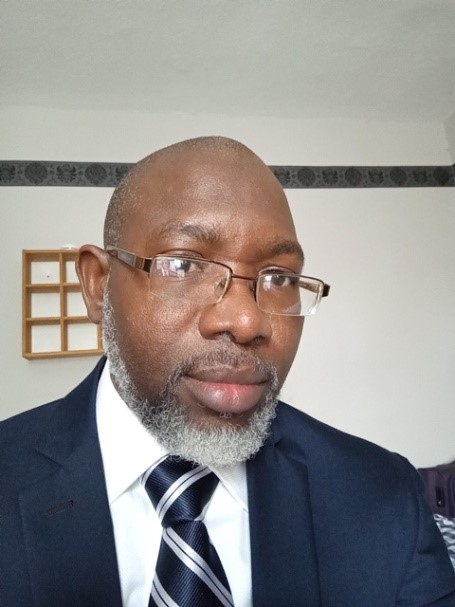Course: Undertaking a doctorate - what to know at the beginning about your research
Presenters
| Prof Sarah Howie & Dr Ruth Albertyn (SU), with Associate Prof Musa Obalola, Dr Alex Igundunasse and Associate Prof Ismail Ibraheem (UNILAG)
| Date
| 18 - 22 November 2019
| |
|
Application Deadline
| 13 November 2019 - successful delegates will be notified after the closing date for applications.
| Cost
| NGN 20 000.
Registration Fee payment procedures are as follows: Payment of Registration fee should be made into the AMDRC Access Bank Account No: 0791782758
| Target audience
| Candidates who are currently preparing for their PhD or in the early phases of their PhD.
| Venue
| The venue has moved to the Centre for Excellen in Multi-Media Technology and Cinematography.
|
| |
Course Description
The Joint Doctoral School provides an overview of what a PhD student may expect when entering into doctoral studies, as well as, providing insight into the fundamentals of the research process.
The School will start on the first day with examining the preparation for undertaking a PhD, for instance, what is the plan for the PhD; what is expected of a PhD candidate; what are the elements of a successful thesis and how do these play out in writing the proposal; and how does one plan for the PhD.
This is followed by how to write a research proposal and further analysing what are the elements of a successful proposal and how does this compare with other research mechanisms for different purposes and audiences. A critical need of all PhD candidates is to understand the chain of reasoning in research and how this relates to different types of research approaches, designs and methods. It is also important to gain insight into the advantages and disadvantages of various designs and how to find alternative methods. Ethical research is fundamental and therefore the ethics related to research will also be addressed.
Finally, the School will address the specific designs and methods pertaining to Qualitative and Quantitative research. In this last section, selected common designs, data collection methods, data analysis methods as well as the methodological norms (e.g.: validity and reliability/trustworthiness) will be presented and discussed. On day 4 and 5 of the workshop, the delegates will be split into streams for Qualitative and Quantitative research. Writing up the research methodology is often daunting for new researchers and therefore some tips will be given relating to the structure and contents of the methodology chapter, justifying different methods and being able to Identify and write about limitations in methodology will be included.
Course Outcomes
By the end of the School, participants should be able to
Understand the doctoral process, ‘doctorateness’ and have a realistic idea of what is expected.
Have insight into the elements of a successful thesis
Understand the chain of reasoning and research logic in relation to their topic/study
Apply their understanding to writing a research proposal
Have a global understanding of the various research approaches, designs and methods available
Understand the advantages and disadvantages of certain approaches and designs
Have an overview of the process and requirements of doing doctoral research
|Apply Now|
Applications are now open for the Joint Doctoral School opportunity. Delegates will be awarded the opportunity to attend the workshop following a competitive selection process. Applications close 13 November 2019.
Facilitators from Stellenbosch Unviersity 
| Prof Sarah Howie, obtained her PhD at the University of Twente in the Netherlands and is the founding Director of the Africa Centre for Scholarship and Professor at Stellenbosch University. She was also the Founding Director of the Centre for Assessment and Evaluation, a research centre at the University of Pretoria (2002-2017). She is a member of the Academy of Science of South Africa and a nationally rated researcher.
Her interests are in research methodology, large-scale international comparative surveys and assessment. She has designed and managed many research projects, led over 70 research projects and served as principal investigator in internationally collaborative projects over the past 25 years. She has authored numerous articles, chapters and research reports and is a member of a number of Editorial Boards including the Oxford Review of Education. She has served on international committees designing research instruments for International Association for the Evaluation of Educational Achievement (IEA) Progress in International Reading literacy Study (2011, 2015), Program in Student Assessment (PISA 2015, 2018) and frameworks for Teaching and Learning International Survey (TALIS) 2018. She has extensive experience in training and working with postgraduate students and researchers in capacity development in research methodology and career development including working on SANTRUST in Ethiopia and teaching in Albania, Kenya, Mozambique, Russian Federation, Sudan, Tanzania, Thailand, Uganda and Zambia. | 
| Dr Ruth Albertyn is an academic research and development consultant in the field of doctoral education, postgraduate supervision, research methodology and academic writing. She graduated from Stellenbosch University with a Master's (Cum Laude) and her PhD was awarded in 2000. She is a research associate in the Centre for Higher and Adult Education in the Faculty of Education and a research fellow at the University of Stellenbosch Business School.
After three years as researcher and facilitator in a rural community health project, she lectured and supervised postgraduate students in the faculty of Community and Health Sciences at the University of the Western Cape over a seventeen year period. She currently teaches research methodology in various disciplines and supervises students on a Master's and doctoral level. She is involved in research and development capacity development workshops for academics at various universities in South Africa. She has been an external examiner for theses and dissertations and has published articles/book chapters in the field of adult and higher education both nationally and internationally. She has won awards for teaching, research, and in 2012 she obtained the Emerald literati award for outstanding review of an article in the International Journal for Researcher Development. Her current research focus is on doctoral education, postgraduate supervision and researcher development. She has co-edited three scholarly books: Pushing boundaries in postgraduate supervision for supervisors, students and institutions (2014); Knowledge as enablement: Higher Education engagement in the third sector in South Africa (2015) and Postgraduate supervision: Future foci for the knowledge society (2016).
| 
| Dr Ismail Ibraheem is an Associate Professor in the area of journalism and media studies and Acting Director of International Relations, Partnerships and Prospects (IRPP) at the University of Lagos. A former British Chevening Scholar and graduate of the prestigious University of Leicester, United Kingdom where he completed masters and PhD studies in mass communication specializing in media and public policy analysis between 1997 and 2004. He also attended the University of Lagos, Nigeria between 1986 and 1992 where he obtained a first degree in mass communication and masters in political science. His academic experience includes, among others, using evidence-based practice to develop pedagogical resources and using reflective methodology to promote interactive student focused learning in course delivery.
He has supervised more than 100 postgraduate students and mentored more than 50 students who are now occupying important and strategic positions in both the industry and the academia. Dr Ibraheem is the Chair of Cable News Foundation, Nigeria and Co-Chair West Africa for Academics Stand Against Poverty (ASAP). Dr Ibraheem is one of the six Faculty Consortium members for the Phase 1 Executive Training in Financial and Business Journalism in Africa of the Bloomberg Media Initiative for Africa (BMIA) supported by Bloomberg Philanthropies and the Ford Foundation.
| 
| Dr. Musa Obalola is an Associate Professor in the Department of Actuarial Science and Insurance and currently the Founding Director of Social Science Research Laboratories (SSRL), a units set up under the office of the Deputy Vice-Chancellor, Development Services, to provide support services to faculties, staff and students in the area of research planning and data analysis (quantitative and qualitative). Dr. Obalola has also served as the Deputy Director, in the Academic Planning Unit of the University where matters bordering on academic standards are determined, implemented, evaluated and monitored.
He has a degree in M.Sc. Risk Management (Distinction), PhD Insurance Ethics (Leicester Castle Business School, De Montfort University, UK), M.Sc. Management, and B.Sc. Insurance (University of Lagos). Musa is a Fellow of the Chartered Institute of Loan and Risk Management and a member of Chartered Insurance Institute of London, British Academy of Management (BAM), and Social Responsibility Research Networks (SRRNet.), UK. His area of teaching and research interest broadly covers Research Methodology, Health Risk Behaviour, Risk Management and Insurance, Corporate Governance, Ethics and Corporate Social Responsibility, Organisational Justice and Commitment. He has contributed chapters in books, presented conference papers and published in referred journals in these research areas. He also regularly reviews for a number of national and international journals in these subject areas. Dr. Obalola is a recipient of the Leicester Castle Business School Best Student Performance on M.Sc. Risk Management Programme; Outstanding Author Contribution and Highly Commended Paper Awards at the Emerald Literati Award of Excellence in 2015 and 2013 respectively. |
|

